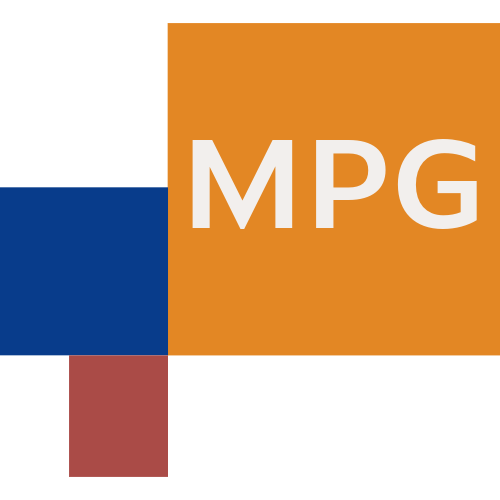menu
menu
Menu
cancel
- arrow_back_iosBacknavigate_nextpersonPersonal
- groupCommunities
- articleBlogs
- eventEvents
- sourceTemplates
- question_answerQuestions
- schoolLearning
- business_centerBusiness
- live_helpFAQ
3. **What role does organizational culture play in the success of a compliance program, and how can organizations foster a culture of compliance throughout their workforce?
What are the key strategies to effectively identify and classify stakeholders in a project to ensure successful engagement and communication?
How can a project manager balance conflicting stakeholder interests and priorities to maintain project alignment and achieve desired outcomes?
What tools and techniques can be employed to continuously monitor and manage stakeholder expectations throughout the project lifecycle, and how can these prevent potential issues from arising?
How do organizations ensure compliance with ethical standards and regulations in their daily operations, and what mechanisms are in place to address violations?
What are the key differences between industry-specific regulatory requirements and universal ethical standards, and how do businesses maintain alignment with both?
How do evolving ethical standards and regulations impact corporate governance, and what strategies can companies implement to proactively adapt to these changes?
**How can leaders effectively integrate ethical decision-making into their organizational culture, ensuring that ethical principles are consistently upheld across all levels of the organization?
2. **What are the potential challenges and conflicts a leader might face when trying to maintain ethical standards in a competitive business environment, and how can these be addressed effectively?
3. **In what ways can ethical leadership contribute to the long-term sustainability and success of an organization, and how can its impact be measured or assessed?
